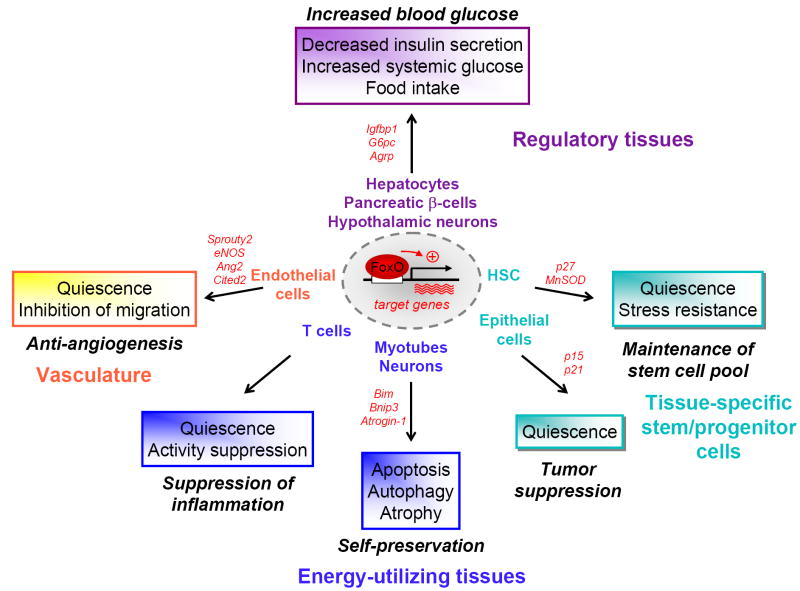Fig. 2. Role of FoxO transcription factors in tissue homeostasis.
FoxO-dependent transcription serves to increase systemic glucose levels by regulating gluconeogenesis, insulin secretion, and food intake in the regulatory cells of the organism such as the hepatocytes, pancreatic β-cells, and hypothalamic neurons. In energy-utilizing cells, such as myocytes and neurons, the FoxO factors appear to be activated in response to harsh environment conditions such as starvation and oxidative stress to initiate atrophy, autophagy or apoptosis. In T cells, FoxO factors attenuate proliferation and hyperactivation. In the endothelial cells of the vascular system, the FoxO factors regulate genes to suppress proliferation and inhibit migration. FoxO factors also display a crucial role in the maintenance of hematopoietic stem cells (HSC) by coordinating quiescence, stress resistance and terminal differentiation. Overall, FoxO factors appear to promote an organismal metabolic shutdown in response to harsh environmental conditions, such as starvation, to enable the organism to survive in anticipation of improved environmental conditions.

